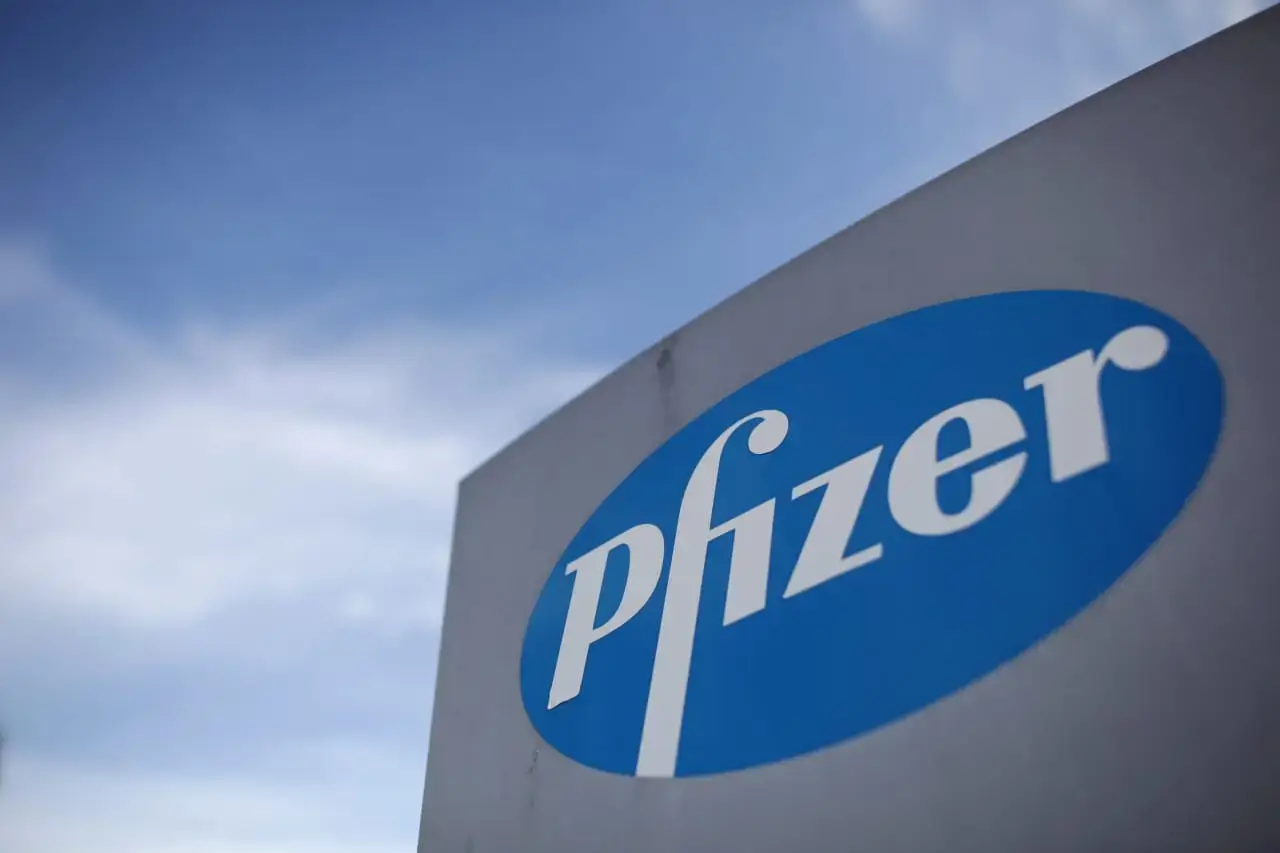Pfizer’s stock has had a rough ride lately, and honestly, it’s left investors scratching their heads. As of April 14, 2025, shares are hovering around $22.18—a far cry from the high-flying days of the pandemic. But here’s the thing: this latest dip isn’t just about market jitters or macroeconomic headwinds. It’s about another blow to the company’s ambitious plans in the weight-loss drug race.
So, what exactly happened?
Another Setback in the Weight-Loss Arms Race
Pfizer has officially pulled the plug on danuglipron—its once-promising oral GLP-1 candidate. The decision came after a participant in the drug’s clinical trial developed signs of liver injury. That’s a red flag no pharma company can afford to ignore.
And let’s be real—this isn’t the first time Pfizer’s obesity pipeline has hit a wall. They already axed a twice-daily formulation of danuglipron and an entirely different compound, lotiglipron, just last year. That’s three strikes in what many saw as a $100 billion gold rush, with players like Novo Nordisk and Eli Lilly already lapping the field.
You could say Pfizer walked into the weight-loss race wearing flip-flops while others had cleats on.
What This Means for the Stock—and the Industry
The market reacted almost immediately. Pfizer’s shares dipped following the announcement. Meanwhile, competitors like Eli Lilly and Novo Nordisk—makers of Zepbound and Wegovy—saw their stock prices tick up. Investors like clarity, and right now, Pfizer’s obesity pipeline is anything but clear.
The irony? Pfizer was once the darling of Wall Street during the COVID-19 era. Remember those vaccine rollout days? It was a money machine. But as pandemic sales fade and new bets falter, the company’s future looks less certain. Revenue’s slipping, expenses are climbing, and shareholder patience is wearing thin.
And yet, it’s not all doom and gloom.
Still Fighting, Still Swinging
Pfizer isn’t rolling over. They’re doubling down on other candidates, like PF-07976016—a drug currently in Phase 2 trials that targets a different hormone receptor (GIP instead of GLP-1). It’s a long shot, sure. But sometimes long shots pay off. Think about how unlikely it was that mRNA vaccines would become household names in 2020.
Plus, Pfizer’s been streamlining. That’s a polite way of saying they’ve had layoffs and restructuring—but it also signals they’re trying to refocus. Maybe even regroup before making another big leap, possibly through a merger or licensing deal.
Let’s not forget: Big Pharma is never really down for long. With cash in the bank and scientists in the lab, Pfizer still has plenty of room to maneuver.
Is Now a Time to Buy, Hold, or Watch from the Sidelines?
Depends on your risk appetite. Some analysts argue that at $22, the stock might be undervalued—especially for a company with Pfizer’s scale, pipeline potential, and distribution clout. Others warn it could be a value trap if management can’t execute a turnaround.
There’s also a psychological component. Investors remember winners—and right now, Pfizer isn’t wearing that jersey. Confidence can be fragile in the market, especially when a company stumbles in a high-stakes category like obesity treatment.
But here’s a curveball: what if Pfizer’s next breakthrough isn’t in weight loss? What if it’s oncology, or RNA-based antivirals, or even gene editing? They’ve got fingers in a lot of pies.
Final Thoughts: Don’t Count Them Out Just Yet
So yeah, Pfizer’s stock isn’t exactly a hot ticket this week. The obesity drug setback stings. The pipeline looks shaky. And investors are getting nervous.
But let’s not forget what this company is capable of. It’s seen ups, downs, and outright disasters—and come back swinging every time.
If anything, this moment feels less like an ending and more like the pause before a plot twist. Whether it’s a strategic acquisition, a surprise FDA approval, or a fresh blockbuster drug… Pfizer has a way of surprising people.
And in the stock market? That’s often when the story gets interesting.
Disclosure: This article is for informational purposes only and should not be considered financial advice. Always consult a qualified financial advisor before making investment decisions.
